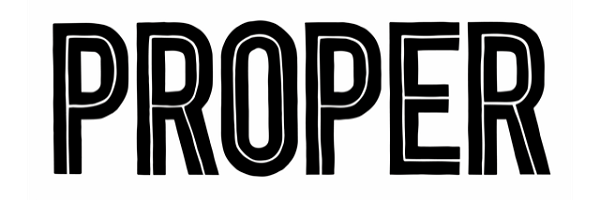Posted Tuesday 15th September 2020
The fire safety of high-rise buildings became a topic of national concern following the Grenfell Tower tragedy in 2017. The property industry responded by introducing a process for residential building owners to confirm that a building’s external wall system has been assessed for fire safety, by means of an External Wall Fire Review Form (EWS1).
The EWS1 form – being the result of extensive consultation with industry experts, lenders and valuers – aims to assist in the assessment and valuation of flats in multi-storey buildings where the highest floor is 18 metres or more above ground level, or where other specific fire safety concerns exist. A valuer can request the form from a building owner or representative, requiring a building professional to confirm that the material on the walls poses a limited risk or is non-combustible. Should the walls contain materials that pose a significant fire risk, a detailed description and recommendations have to be complied with.
An unexpected consequence of the introduction of the form was that mortgage providers soon began demanding EWS1s for buildings well below the intended 18 metre height threshold – sometimes even as low as 8 metres. The widespread adoption by lenders has meant that within a month from the form’s introduction, brokers began reporting that increasing amounts of mortgage applications were being rejected. This has caused many property owners being unable to sell their flats due to their housing associations/managing agents being unable to produce the fire safety certificates required by banks and building societies – either because of the associated costs or, more importantly, due to the lack of qualified professionals to undertake the surveys. Current estimates state that it may well take several years for a number of buildings to be inspected.
A review of the process is certainly required, firstly to strike the right balance between fire safety and flat owner interests and secondly to tackle its exploitation by scammers. There have already been reports of several fake EWS1 forms having been issued, defrauding thousands of pounds from unsuspecting property owners. It remains to be seen what measures will be introduced to address each of these problems, however one promising proposal under discussion is the introduction of a register of genuine EWS1 forms, which should resolve the latter.
This article is for reference purposes only. It does not constitute legal advice and should not be relied upon as such. Specific legal advice about your specific circumstances should always be sought separately before taking or deciding not to take any action.

“Joelson have now guided PROPER through two successful deals. It is a true testament to the long-term support and relationship we have with them. Paul and the team have been truly focused and attentive throughout the whole process. PROPER took nearly a decade to build and Joelson understood that finding the right partner was a major moment for me personally and the business. We are delighted and deeply appreciative of Joelson’s hard work in making this a successful deal.”